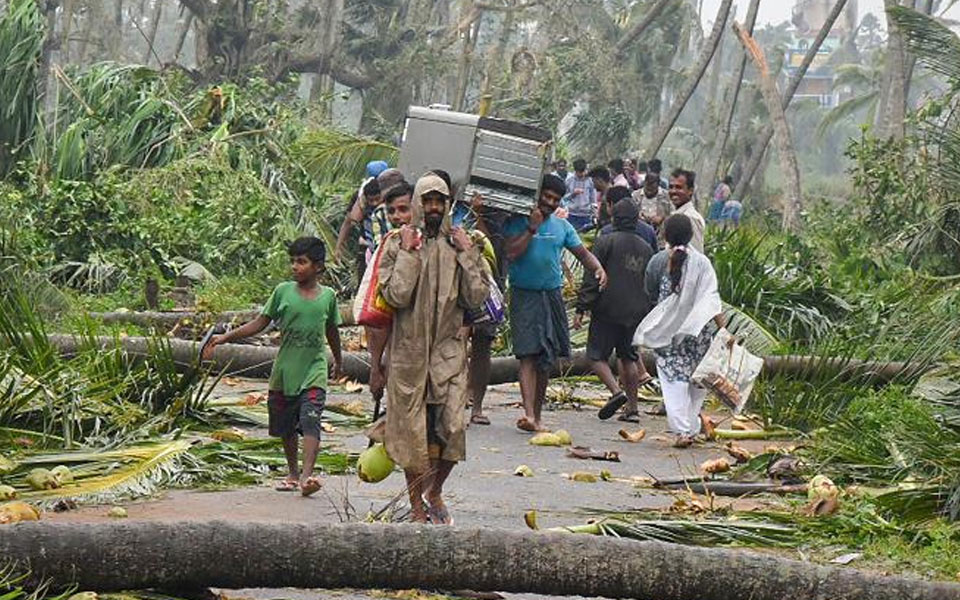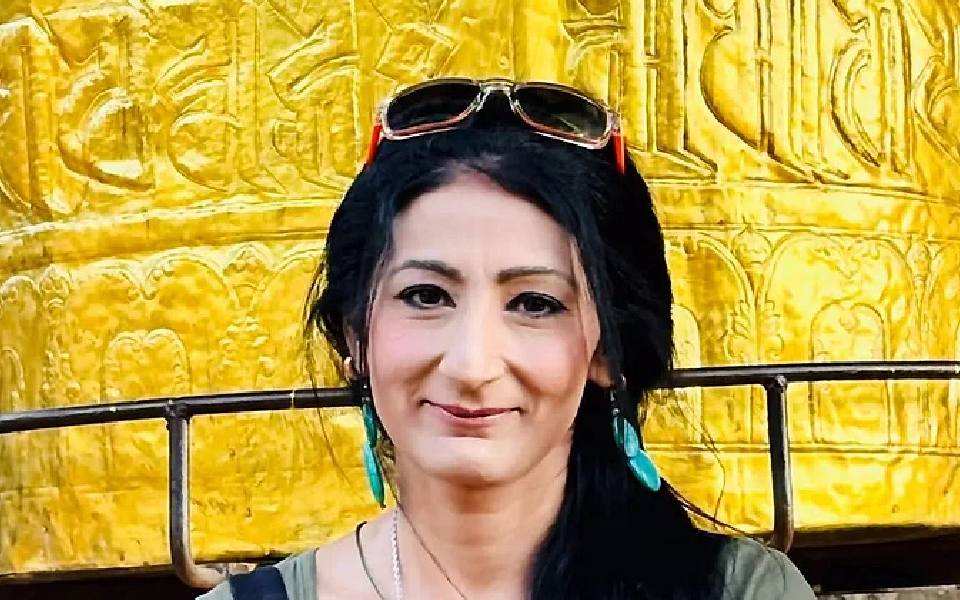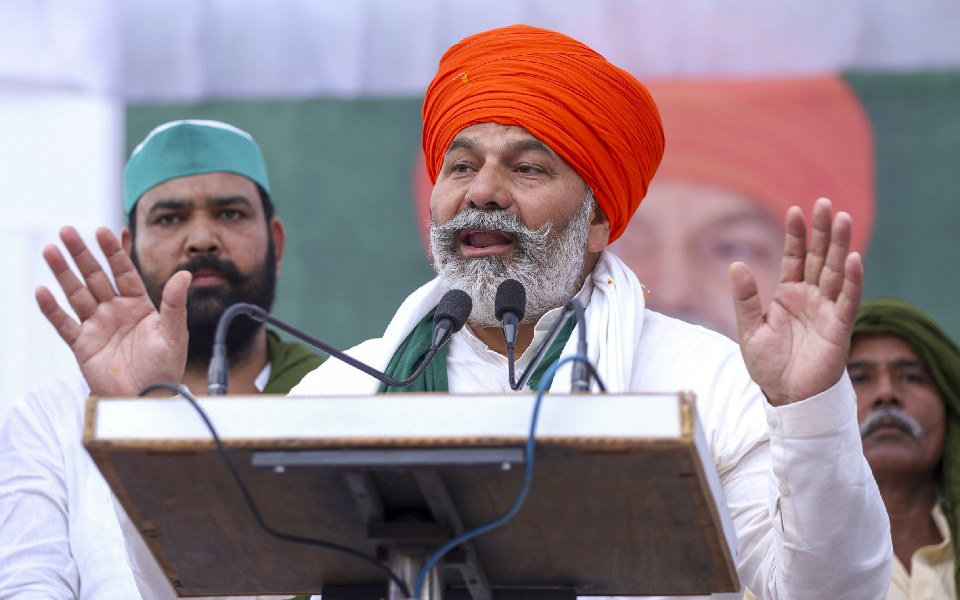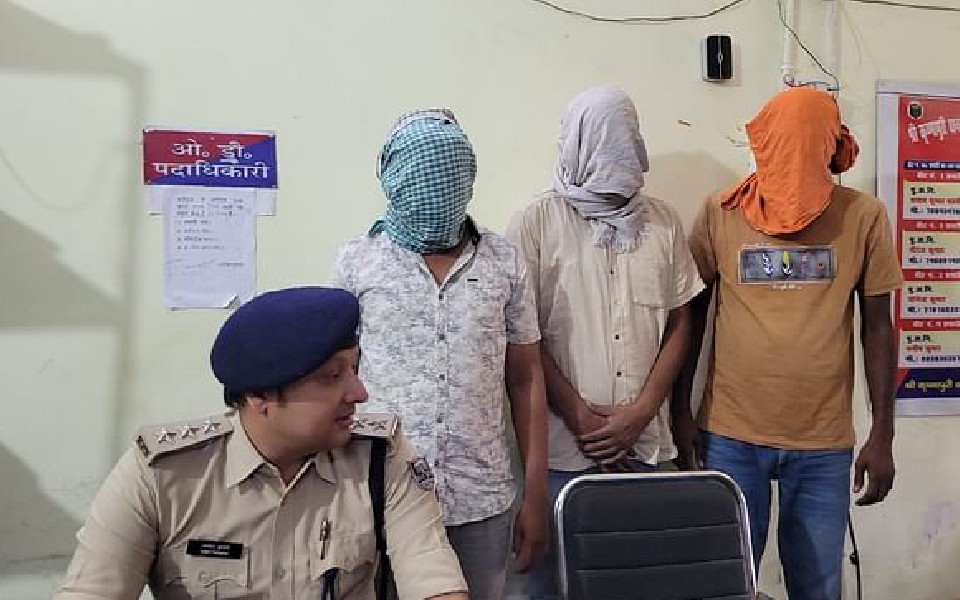Amaravati (AP), Oct 13 : The Andhra Pradesh government Saturday requested the Centre to release Rs 1,200 crore as interim relief for restoration measures in Srikakulam and Vizianagaram districts that were battered by cyclone Titli.
The severe cyclonic storm hit the two districts early Thursday, with winds gusting up to 165 kilometers per hour. Heavy rainfall, ranging from 10 cm to 43 cm, was witnessed in different parts of the districts.
In a letter to Prime Minister Narendra Modi, Chief Minister N Chandrababu Naidu said, "The devastating cyclone has hit north coastal Andhra Pradesh, badly damaging the infrastructure and derailing normal life in the region, especially in Srikakulam and Vizianagaram districts."
Naidu said the cost of damaged properties, crops and infrastructure has tentatively worked out to be Rs 2,800 crore.
Horticulture was the worst hit with damages to the tune of Rs 1,000 crore followed by agriculture (Rs 800 crore), power sector (Rs 500 crore), roads and buildings, panchayat raj, rural water supply, irrigation (Rs 100 crore each), animal husbandry and fisheries (Rs 50 crore each), the chief minister said further.
"The state government has already started rescue and relief operations on a war-footing and I am personally camping in these districts, visiting the affected areas and supervising the relief and restoration operations," Naidu said.
In view of the severe damages to life, property and infrastructure, he urged the Centre to "liberally and expeditiously" sanction the relief so as to minimise the misery of the people.
Meanwhile, a release from chief minister's office said eight people (seven in Srikakulam district and one in Vizianagaram) were killed in the "very severe" cyclonic storm while two fishermen were reported missing.
In all, 290 km of roads were damaged along with 8,962 houses, 80 minor irrigation sources and 16 rural water supply tanks.
The Bharat Sanchar Nigam Limited (BSNL) suffered damage to its infrastructure in Srikakulam district that bore the brunt of the cyclone, the release said.
Agriculture crops in 1,39,844 hectares, including paddy in 1,36,531 hectares, was damaged in Srikakulam while crops in 308 hectares were lost in Vizianagaram district.
Banana plantations in 2,424 hectares were also damaged.
Let the Truth be known. If you read VB and like VB, please be a VB Supporter and Help us deliver the Truth to one and all.
London/New Delhi: Professor Nitasha Kaul, a London-based academic, announced on May 18, 2025, via a social media post that her Overseas Citizenship of India (OCI) card has been cancelled by the Indian government. She described the move as a "bad faith, vindictive, cruel example of transnational repression" intended to punish her for her scholarly work critical of the Modi government's policies concerning minorities and democracy.
The cancellation follows an incident in February 2024 when Professor Kaul, who holds a British passport and held an OCI card, was denied entry into India upon arrival at Bengaluru airport. She had been invited by the then Congress-led Karnataka state government to speak at a conference on "The Constitution and Unity in India."
According to an image of the letter shared by Professor Kaul, the Indian government stated that it had been "brought to the notice of the Government of India that you have been found indulging in anti-India activities, motivated by malice and complete disregard for facts or history." The letter further accused her of regularly targeting India and its institutions on matters of India's sovereignty through "numerous inimical writings, speeches and journalistic activities at various international forums and on social media platforms."
Professor Kaul, who is a Professor of Politics, International Relations, and Critical Interdisciplinary Studies and the Director of the Centre for the Study of Democracy (CSD) at the University of Westminster, London, vehemently rejects these accusations. She stated she had provided a 20,000-word response to what she termed the government's "ridiculous inanity about ‘anti-India’," but the OCI was cancelled through a "rigged process."
In her social media posts, Professor Kaul lamented the decision, questioning how the "mother of democracy" could deny her access to her mother in India. She characterized the action as stemming from "thin-skinned, petty insecurity with no respect for well-intentioned dissent."
The February 2024 denial of entry had already sparked controversy. At the time, immigration officials reportedly cited "orders from Delhi" without providing formal reasons, though Professor Kaul mentioned informal references to her past criticism of the Rashtriya Swayamsevak Sangh (RSS). The Ministry of External Affairs had then responded by stating that the entry of foreign nationals into India is a "sovereign decision." Unofficial government sources had indicated that a "preventive lookout circular" was issued against her due to her alleged "pro-separatist" and "anti-India" stance on Kashmir.
The BJP in Karnataka had criticised the state government for inviting her, labelling her an "anti-India element." Conversely, the then-Karnataka government and various international human rights organizations and academic bodies had condemned the denial of entry.
Professor Kaul has been an outspoken commentator on Indian politics, including the abrogation of Article 370 in Jammu and Kashmir, and has testified before international bodies such as the US Congress on human rights in the region. She maintains her work is academic and pro-democracy, not anti-India.
The cancellation of her OCI card effectively bars her from entering India, a country to which she has personal and academic ties. This incident adds to a growing list of academics, journalists, and activists of Indian origin whose OCI status has been revoked or who have been denied entry to India in recent years, raising concerns about freedom of speech and dissent. Reports indicate that over 100 OCI cards were cancelled by the Indian government between 2014 and May 2023. Furthermore, in 2021, new rules were introduced requiring OCI cardholders to obtain special permission for activities such as research and journalism.





